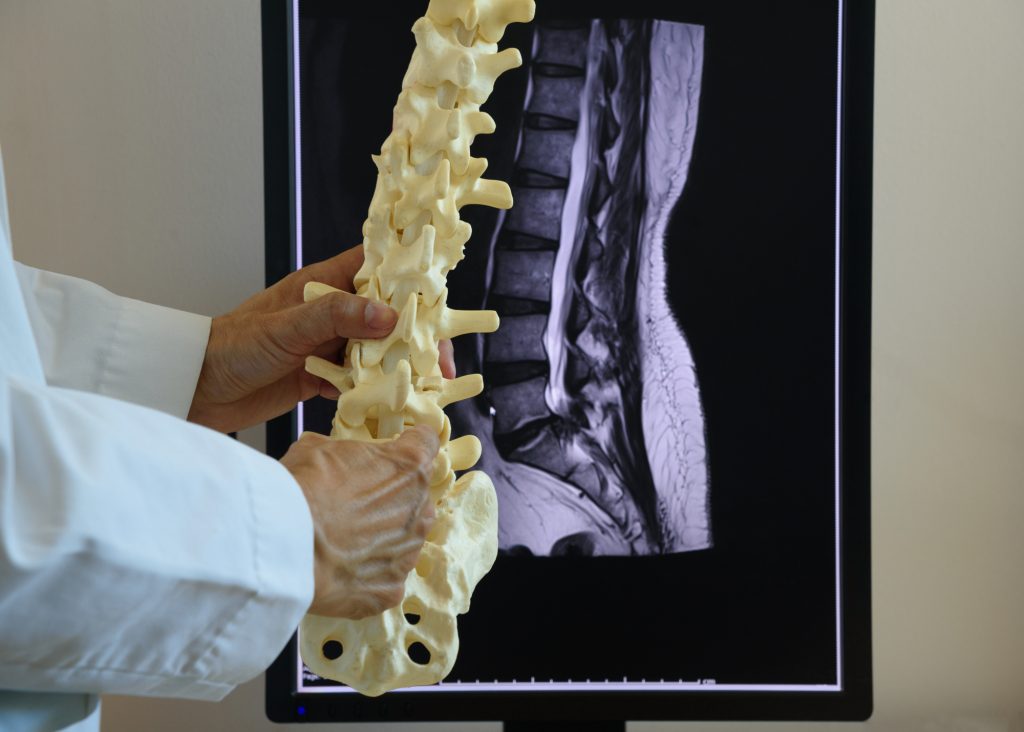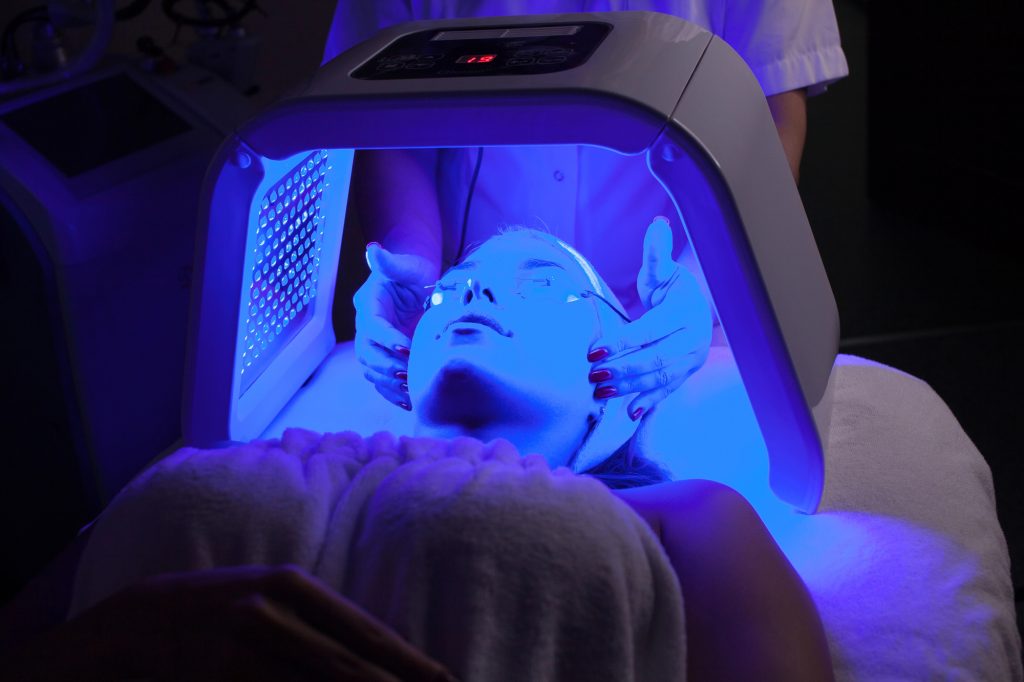 Written by Arlette Pacheco,
Written by Arlette Pacheco,
When it comes to our health, we often think about the impact of our habits on our lungs, heart, or even mental well-being. But how often do we consider the effects on our veins? Vein conditions are common yet often overlooked problems. Recently, there’s been growing concern about a hidden connection between vaping—a modern alternative to smoking—and the health of our veins. Could your vaping habit be putting your vein health at risk? This article dives into the details and explores this lesser-known connection.
What Are Vein Conditions?
Vein conditions encompass a range of issues that affect the blood vessels responsible for returning blood to the heart. Among the most common are varicose veins—those twisted, enlarged veins that often appear on the legs—and spider veins, smaller but can be unsightly. These conditions typically arise when veins lose their elasticity, causing blood to pool and veins to swell. Some factors might increase the risk of developing these conditions, such as:
– Genetics
– Prolonged standing
– Pregnancy
Visit a Vein specialist to get a professional opinion about how these factors affect your case.
The Role of Healthy Veins
Healthy veins are vital for keeping our circulatory system functioning smoothly. They work in tandem with arteries to ensure blood flows efficiently throughout the body. Veins are equipped with valves that prevent blood from flowing backward, but when these valves become weak or damaged, vein conditions can develop. Maintaining vein health is crucial not just for circulation but for preventing discomfort and potential complications down the line.
The Rise of Vaping
Vaping has become a widespread alternative to smoking, especially among younger age groups. It involves inhaling the vapor of an electronic cigarette (e-cigarette) or other vaping device. These devices heat a liquid into a vapor that the user inhales. Despite being marketed as a safer option compared to traditional smoking, vaping carries its own set of health risks.
Ingredients in E-Cigarettes
E-cigarettes may seem harmless, but the ingredients they contain can be anything but. Vape liquids often include nicotine, which is highly addictive, as well as:
– Glycerin
– Various flavorings
While these ingredients are usually recognized as safe for ingestion, inhaling them can have different, potentially harmful effects on the body. The long-term consequences of inhaling these substances are still being studied, but early evidence suggests they may have a significant impact on vascular health (Kassem et al., 2024).
The Hidden Connection Between Vaping and Vein Conditions
Vaping might seem like a harmless habit compared to smoking, but it’s important to dig deeper into its potential effects on our health, especially when it comes to our veins. While vaping is advertised as a safer choice, the substances involved can still take a toll on your body in ways you might not expect. One of the most concerning aspects is how vaping, particularly the nicotine it delivers, can impact your veins and overall circulatory health.
Nicotine’s Impact on Veins
Nicotine is the key player in most vaping products, and its effects on the body are well-documented. When you vape, nicotine enters your bloodstream and starts to cause changes almost immediately. One of the first things it does is make your blood vessels constrict. This narrowing of the veins might not seem like a big deal at first, but over time, it can lead to significant problems (Whitehead et al., 2021).
Constricted veins mean that your blood has to work harder to move through your body. This added pressure can weaken the walls of your veins, making them more prone to damage. When veins are consistently under strain, they can lose their elasticity, leading to conditions like varicose veins. These twisted veins affect your appearance and can cause:
– Discomfort
– Pain
– More serious complications
Inflammation and Vaping
Another issue with nicotine is that it doesn’t just cause your veins to tighten temporarily. Regular exposure, like what happens when you vape frequently, can lead to long-term changes in your blood vessels. Your veins might become less efficient at doing their job: returning blood to your heart. This might cause blood to pool in your veins, particularly in the legs, leading to swelling and the formation of varicose veins.
Beyond vein constriction, nicotine also affects the overall health of your blood vessels. It can promote the buildup of plaque in the arteries, a condition known as atherosclerosis. While this is more commonly associated with arteries, the health of your veins is closely linked to your entire circulatory system. When arteries are compromised, it can increase the workload on your veins, making them more susceptible to problems.
Impaired Circulation Due to Vaping
Vaping has also been linked to impaired circulation, another risk factor for vein conditions. Poor circulation causes blood pooling in the legs, increasing the pressure on veins and leading to varicose veins. Over time, impaired circulation can contribute to other serious problems, like deep vein thrombosis (DVT). This condition causes blood clots in the body’s deep veins. The connection between vaping and circulation is still being explored, but the early findings are concerning.
In summary, while vaping might seem like a modern, less harmful alternative to smoking, the nicotine it delivers is far from benign. Its impact on your veins can be just as damaging as traditional cigarettes, leading to conditions that could affect your quality of life. Understanding the risks associated with nicotine and vaping is crucial, especially if you’re concerned about maintaining good vein health.
Scientific Research on Vaping and Vein Health
Knowing the risks associated with vaping is crucial, especially when it comes to your veins. While vaping is relatively new compared to traditional smoking, researchers have been studying its effects to determine how it impacts various aspects of our health. Let’s take a look at what the scientific community has discovered about the relationship between vaping and vein health.
Emerging Studies on Vaping’s Impact
Research into vaping’s impact on vein health is still in its early stages, but the findings so far are concerning. Several studies have indicated that the nicotine in e-cigarettes can have a negative effect on your veins. For example, one study found that even short-term exposure to nicotine through vaping can cause immediate constriction of blood vessels. This constriction can reduce blood flow, putting extra strain on your veins and potentially leading to long-term damage.
Comparative Studies: Vaping vs. Smoking
While vaping is often marketed as a safer substitute for smoking, comparative studies suggest that it’s not without risks. Some research shows that the effects of vaping on veins are similar to those of smoking traditional cigarettes. Both habits expose your veins to nicotine, which is known to cause vascular constriction and increase the risk of vein-related conditions. Although vaping may involve fewer harmful chemicals than smoking, the presence of nicotine still poses a significant threat to your vein health (Yayan et al., 2024).
Long-Term Implications
The long-term effects of vaping on veins are still being studied, but early indications suggest that regular vaping could lead to chronic vein issues. Studies are beginning to show that prolonged exposure to nicotine can weaken vein walls and reduce their elasticity, making them more prone to conditions like varicose veins (Mohammadi et al., 2022). As research continues, the medical community is becoming increasingly aware of the potential dangers vaping poses to the circulatory system.
What the Research Means for You
If you’re concerned about your vein health, it’s key to stay informed about the latest scientific findings. The emerging research suggests that vaping is not as harmless as it might seem, particularly when it comes to your veins. By understanding the risks, you will make more informed decisions about your habits and protect your health.
Recognizing the Signs of Vein Problems: Common Symptoms of Vein Conditions
If you’re a vaper and worried about your vein health, it’s important to know the signs of potential problems. Symptoms of vein conditions can include:
– Swelling in the legs
– Aching
– Throbbing pain
– Visible veins that are twisted or bulging
You might also notice skin changes, such as discoloration or ulcers, which can indicate more serious vein issues.
Early Intervention and Prevention
Catching vein conditions early is key to preventing further complications. If you notice any of the symptoms mentioned above, it’s important to seek medical advice. Early intervention will help manage the condition and prevent it from worsening (Das et al., 2023). There are also steps you can take to protect your veins, such as:
– Staying active
– Maintaining a healthy weight
– Avoiding prolonged periods of standing or sitting
Protecting Your Vein Health: Practical Tips
Vaping can complicate your vein health, especially if you have bad habits. Here are some practical tips for you to work with.
Lifestyle Changes for Healthier Veins
Maintaining healthy veins is all about lifestyle choices. Regular exercise increases circulation, reducing the risk of vein conditions (da Silva et al., 2021). Other changes can also support vein health, such as:
– Eating a balanced diet
– Staying hydrated
– Avoiding excessive salt intake
For those who vape, cutting back or quitting altogether is one of the most effective ways to protect your veins from damage.
Alternatives to Vaping
If you’re concerned about the impact of vaping on your veins, there are alternatives that can help you quit. Nicotine replacement therapies, like patches or gum, provide the nicotine your body craves without the harmful effects of vaping. Support groups can also be valuable resources in your journey to quit vaping and improve your overall health.
Conclusion
The hidden connection between vaping and vein conditions is a growing concern that shouldn’t be ignored. While vaping is advertised as a safer choice than smoking, it’s clear that it still poses risks to your vein health. You can reduce the likelihood of developing vein conditions and ensure your circulatory system stays in top shape. Remember, your veins are an essential part of your overall health—don’t let vaping put them at risk.
References
da Silva, J. L., Lima, A. G., Diniz, N. R., & Leite, J. C. (2021). Effectiveness of therapeutic exercises for improving the quality of life of patients with chronic venous insufficiency: a systematic review. Jornal vascular brasileiro, 20, e20200248. https://doi.org/10.1590/1677-5449.200248
Das, M.A., Anand, I., Nihal, C., Subramaniyam, K., & Mohanarathinam, A. (2023). Early Detection and Prevention of Varicose Veins using Embedded Automation and Internet of Things. 2023 5th International Conference on Inventive Research in Computing Applications (ICIRCA), 1476-1482.
Kassem, N. O. F., Strongin, R. M., Stroup, A. M., Brinkman, M. C., El-Hellani, A., Erythropel, H. C., Etemadi, A., Exil, V., Goniewicz, M. L., Kassem, N. O., Klupinski, T. P., Liles, S., Muthumalage, T., Noël, A., Peyton, D. H., Wang, Q., Rahman, I., & Valerio, L. G., Jr (2024). A review of the toxicity of ingredients in e-cigarettes, including those ingredients having the FDA’s “Generally Recognized as Safe (GRAS)” regulatory status for use in food. Nicotine & tobacco research: official journal of the Society for Research on Nicotine and Tobacco, ntae123. Advance online publication.
Mohammadi, L., Han, D. D., Xu, F., Huang, A., Derakhshandeh, R., Rao, P., Whitlatch, A., Cheng, J., Keith, R. J., Hamburg, N. M., Ganz, P., Hellman, J., Schick, S. F., & Springer, M. L. (2022). Chronic E-Cigarette Use Impairs Endothelial Function on the Physiological and Cellular Levels. Arteriosclerosis, thrombosis, and vascular biology, 42(11), 1333–1350.
Whitehead, A. K., Erwin, A. P., & Yue, X. (2021). Nicotine and vascular dysfunction. Acta physiologica (Oxford, England), 231(4), e13631.
Yayan, J., Franke, K. J., Biancosino, C., & Rasche, K. (2024). Comparative systematic review on the safety of e-cigarettes and conventional cigarettes. Food and chemical toxicology : an international journal published for the British Industrial Biological Research Association, 185, 114507. https://doi.org/10.1016/j.fct.2024.114507
Short biography
Arlette Pacheco is a content writer who pursued a passion for Biology, earning a Ph.D. in Life Sciences. She discovered her love for writing, crafting scientific and divulgation articles, and bridging the gap between science and society.
Please also review AIHCP’s Certification programs and see if it meets your academic and professional goals. These programs are online and independent study and open to qualified professionals seeking a four year certification

 Written by Esme Wang.
Written by Esme Wang. Written by Doris Huber.
Written by Doris Huber.
 Written by Harriet Turner.
Written by Harriet Turner. Written by Veronica Turner
Written by Veronica Turner Written by Veronica Turner
Written by Veronica Turner Written by Gemma Taylor
Written by Gemma Taylor Written by Victoria Maxwell
Written by Victoria Maxwell Written by Veronica Turner.
Written by Veronica Turner.